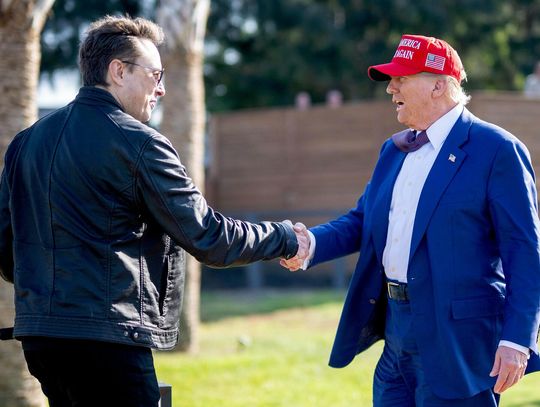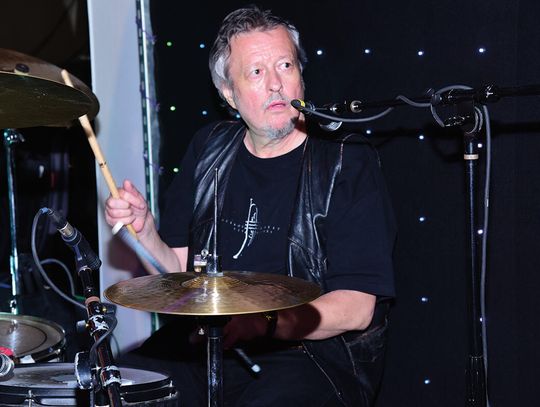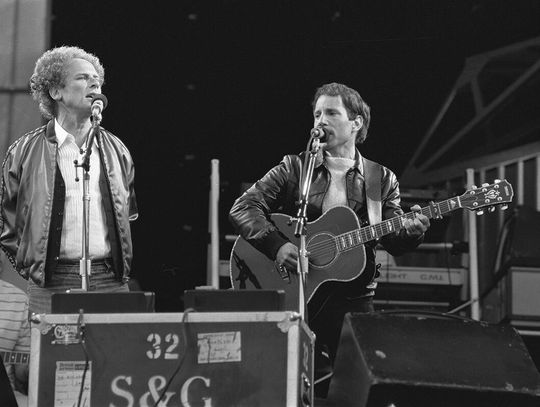Mazowiecki, born in Plock central Poland in 1927, became prime minister of Poland after the historic Round Table talks and elections in 1989 which brought an end to communist rule.
A centerist christian-democrat politician, Mazowiecki held the office till December 1990.
President of Poland, Bronislaw Komorowski has said in a statement on his web site that it is with "deep regret" that he learns of the death of Tadeusz Mazowiecki, who at crucial moments in Poland's history "had the courage to be wise".
US ambassador in Warsaw. Stephen Mull has posted on his Twitter account: "On behalf of the United States, I express my sympathy after the death of Tadeusz Mazowiecki, a founder of democratic Poland."
Mazowiecki was from a Polish noble family and studied law at Warsaw University.
A member of the communist-controlled Catholic PAX organization from 1945 to 1955, he was expelled after the authorities believed he was a member of an internal opposition group.
He went on to establish, with others, the Catholic Intelligentsia Club in 1957 and became editor of the Wiez magazine.
From 1981, he was the first editor of the opposition Tygodnik Solidarność (Solidarity Weekly) magazine which was banned when the communists declared martial law in December 1981.
Mazowiecki was arrested during the crackdown and was one of the last prisoners to be released in December 1982.
He become one of the main negotiators for the Solidarity trade union during the Round Table talks of 1989 and took over as Poland's first non-communist prime minister in September that year after the newly elected parliament gave him a vote of confidence.
Mazowiecki opposed Lech Walesa in presidential elections at the end of 1990 but pulled out of the contest after the first ballot.
He went on to become Special Emissary for the United Nations to Bosnia and Herzegovina during the Balkans war and member of the Polish lower house of parliament for the center-right Freedom Union: he was also a strong advocate of Poland joining the European Union and a more integrated Europe.
"He was an enlightened man [...] pity that he had to move away from politics. If he been more involved [in later years] the benefits would have been enormous for the country," former Secretary of the Roman Catholic Episcopal Bishop Tadeusz Pieronek has said.
(pg)











